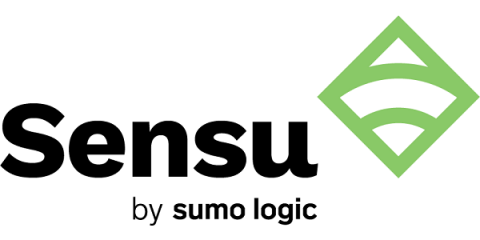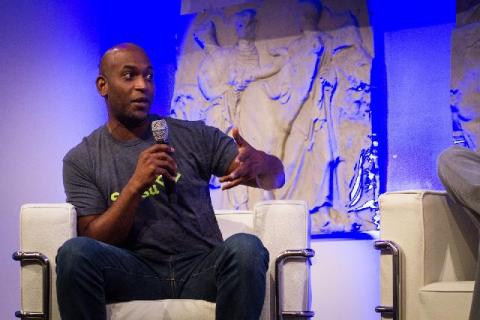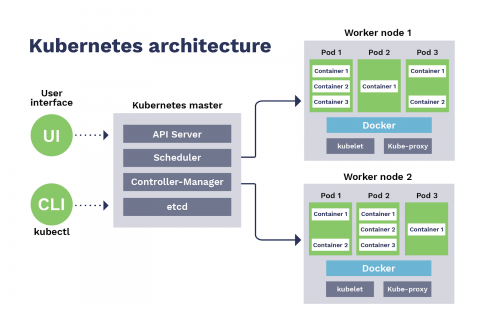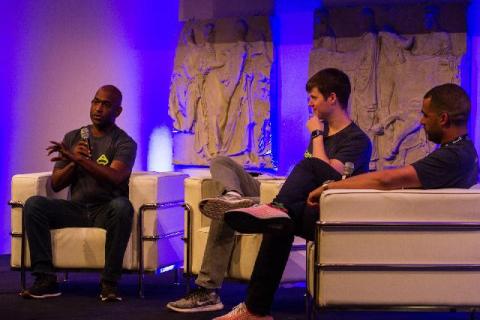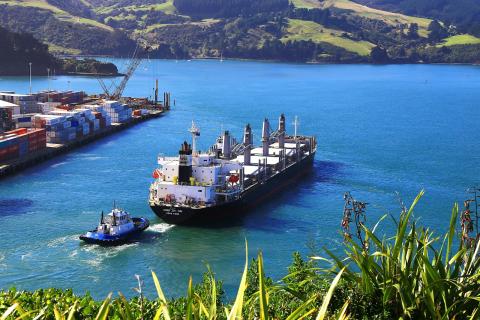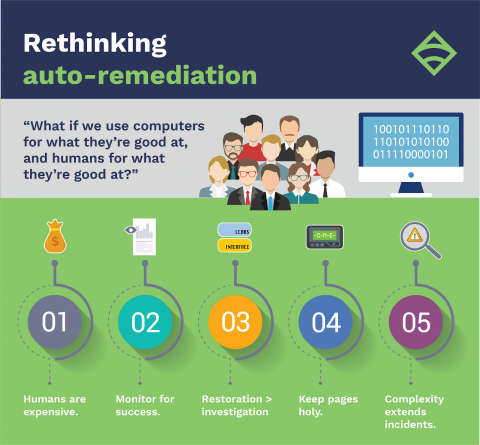Challenges of big infrastructure monitoring
The growing complexity of today’s IT reality is indisputable: Software is becoming more and more complex, and the infrastructure it runs on is equally so. This complexity comes, in part, from adding layers upon layers to the infrastructure we manage — from bare metal servers to VMs to containers to function-based computing — and from how quickly we cycle in new technologies and how slowly old technologies are cycled out.


